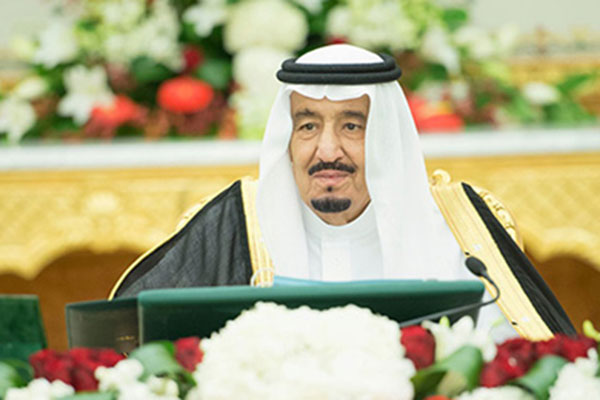
Saudi budget proposes record $295bn spend next year
RIYADH, December 18, 2018
Saudi Arabia is set to increase state spending by more than 7 per cent in 2019 to SR1.106 trillion ($295 billion) next year, up from an actual SR1.03 trillion this year, reported Arab News, citing a finance ministry document.
The move is seen as an effort to boost economic growth, which has been hurt by low oil prices, stated the report.
A royal decree by Saudi Arabia’s King Salman, also announced Tuesday, ordered the continuation of allowances covering the cost of living for civil sector employees for the new fiscal year. The kingdom's spending is aimed at stimulating growth even as Saudi Arabia endeavors to close its deficit.
Analysts believe the continued cost-of-living allowances, first established in January 2018 and estimated by officials to cost more than $13 billion, are intended to stimulate sluggish growth and shore up support for the royal family and Crown Prince Mohammed bin Salman after a controversy-ridden few months.
The budget will boost spending even as Saudi Arabia endeavors to close its budget deficit, indicating Riyadh's priority to spur growth in an economy hurt by lower oil prices, said an expert .
“We believe that the 2019 fiscal budget will be focusing on supporting economic activity – investment and wider,” Monica Malik, chief economist at Abu Dhabi Commercial Bank (ADCB), told Arab News.
The royal allowances of SR1,000 a month ($266) are paid to civil servants and military personnel, and other allowances will continue for pensioners and those living on social security. Riyadh will also increase student benefits by 10 per cent for the next fiscal year, the king announced in his decree.
World oil prices on Tuesday tumbled to their lowest levels in more than a year amid concerns over demand. Brent and New York crude contracts fell to as low as $57.20 and $47.84 during morning trading, it stated.
Saudi Arabia's economy shrank for the first time in nearly a decade last year as headwinds batter its private sector, reported CNBC.
Businesses have struggled to deal with higher electricity and fuel prices and a 5 percent value-added tax (VAT) introduced at the start of the year. Unemployment, hovering just over 12 per cent as of last summer, is at its highest level in a decade.
“The continuation of the handout package will be positive for household consumption by nationals,” said Malik. “We expect to see some overall fiscal loosening in 2019, which should support a further gradual pickup in real non-oil GDP growth,” she stated.
Saudi Arabia has run a budget deficit since 2014 as a slump in oil prices lowered state income. The kingdom aims to balance its budget by 2023.







